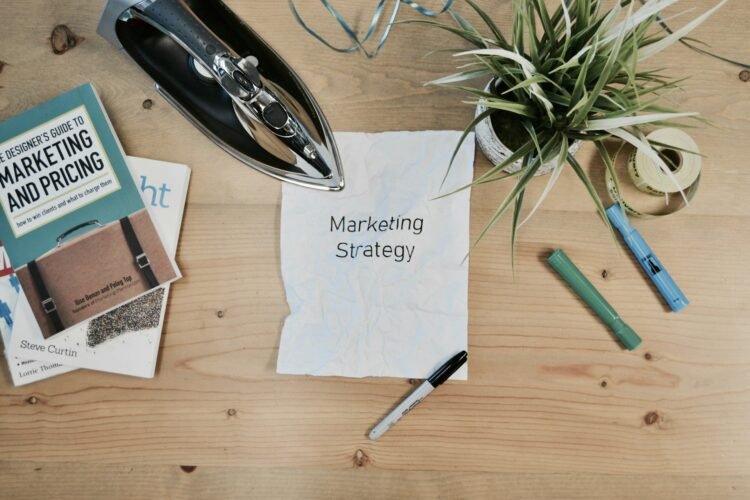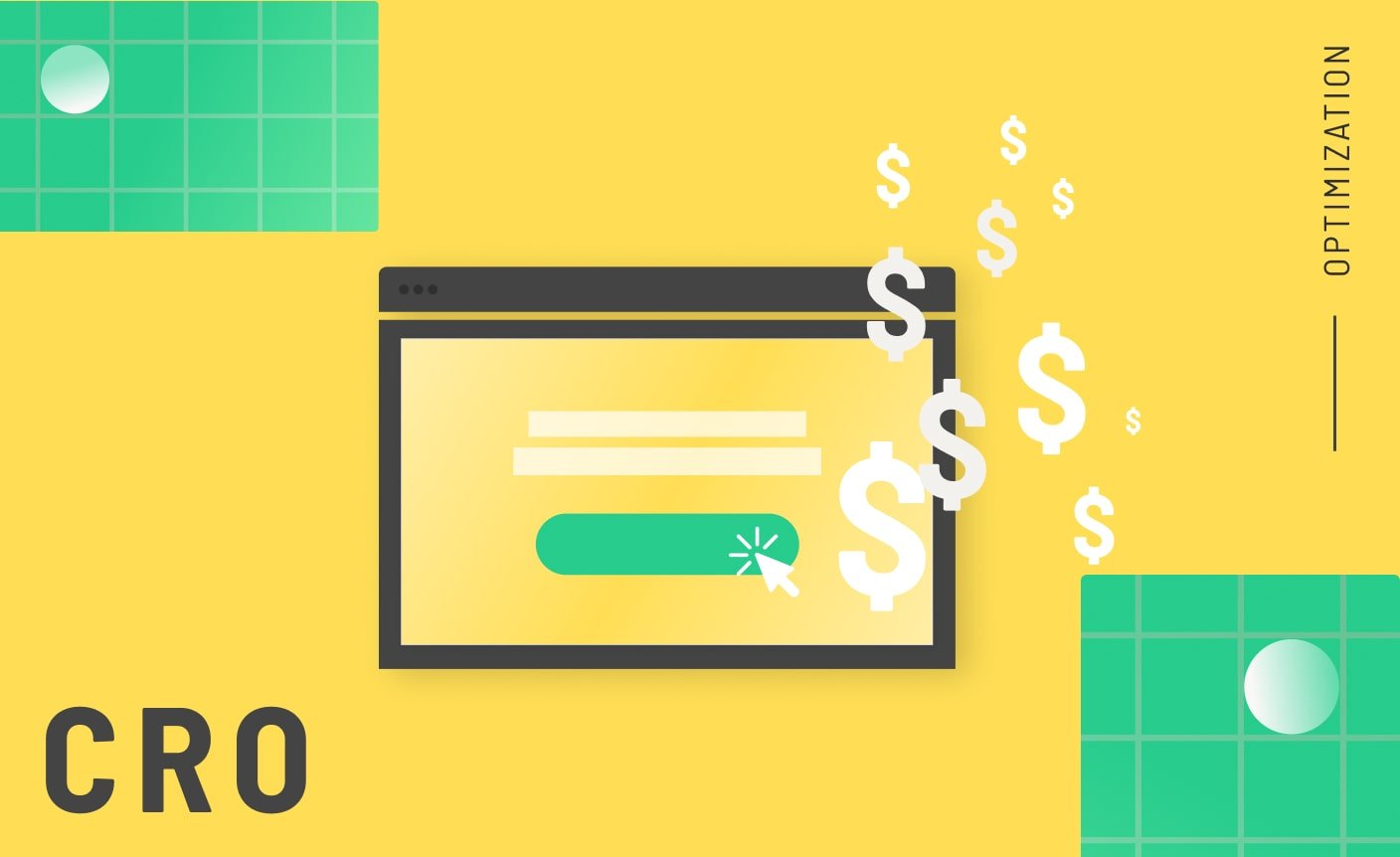Social media marketing can feel like a world built for flashy consumer brands. It’s easy to see how a new sneaker or a trendy restaurant can build a huge following online. But what about a product that is the definition of a B2B industrial asset? Marketing something as specialized as a tank trailer requires a completely different playbook. Your customer isn’t a casual scroller; they are a logistics manager, a chemical plant operator, or a project foreman with a very specific and urgent need.
The goal isn’t to go viral; it’s to build a powerful reputation as the most knowledgeable and reliable provider in your field. This is where a smart social media strategy becomes essential. For a company that specializes in tank trailer rentals and leases, your digital presence is your opportunity to connect with this highly specialized audience, demonstrating your expertise and the quality of your fleet long before they ever pick up the phone.
It’s not about finding a million followers; it’s about connecting with the right ones. Here’s a guide to the platforms and strategies that work.
Go Where the Professionals Are: The Power of LinkedIn
Your first and most important step is to forget about the mainstream consumer platforms. Your audience of logistics managers and industrial buyers is not making procurement decisions on TikTok or Instagram. Most likely, they’ll be on LinkedIn.
LinkedIn is the undisputed king of B2B social media. It is the only platform where your content is consumed in a purely professional context. This is where you can:
- Target by Job Title and Industry: Directly connect with and market to the exact decision-makers you want to reach, from “Fleet Manager” in the chemical industry to “Operations Director” in food production.
- Share In-Depth, Expert Content: LinkedIn is built for more substantive content. It’s the perfect place to share detailed articles and case studies that showcase your technical expertise.
- Join Industry-Specific Groups: Participate in groups dedicated to logistics, chemical transport, and supply chain management. Become a helpful voice in the community by answering questions and sharing insights.
Sell the Solution, Not Just the Steel
A picture of a clean, new tank trailer is fine, but it doesn’t tell a story. Your content needs to focus on the solution your equipment provides. Your audience has a problem—they need to safely transport a specific liquid—and your content should show them exactly how you can solve it.
Create “Project Spotlight” posts that show your trailers in action.
- “Here’s one of our food-grade tankers on site at a local dairy, helping them move milk safely and efficiently.”
- “A look at one of our high-spec chemical trailers being loaded for a cross-country haul, meeting all DOT requirements.”
This shows potential customers that you understand their world and have experience with their specific needs.
Become a Go-To Resource for Safety and Compliance
The transportation of bulk liquids is a highly regulated and safety-critical industry. The best way to build trust with a professional audience is to demonstrate your unwavering commitment to safety and your deep knowledge of the regulations.
Use your LinkedIn page and your website’s blog to share valuable, educational content.
- Create a simple checklist on “How to Prepare for a DOT Tank Trailer Inspection.”
- Write an article explaining “The Difference Between a DOT 406 and a DOT 407 Tanker.”
- Share a short video on “Best Practices for Safely Loading and Unloading a Chemical Tanker.”
This kind of expert content is incredibly valuable. It positions your company as a true partner who cares about your customers’ safety and success.
Use High-Quality Visuals to Demonstrate Quality
Even on a professional platform, great visuals are essential. Invest in high-quality photography and videography of your fleet.
- Detailed Walkaround Videos: Create a short (2-3 minute) video for each type of trailer in your fleet. Walk the viewer around the unit, pointing out the specific features—the type of valves, the safety catwalks, the quality of the welds.
- Drone Footage: A sweeping drone shot of your yard, showing your entire, well-maintained fleet, can be a powerful visual that communicates the scale and professionalism of your operation.
Providing tangible proof of your capabilities through case studies and high-quality visuals is the key to winning in a B2B market.
Marketing an industrial product on social media is a long game. It’s about patiently building a reputation for being the most professional, knowledgeable, and reliable resource in your industry. When you achieve that, the right customers will find you.














